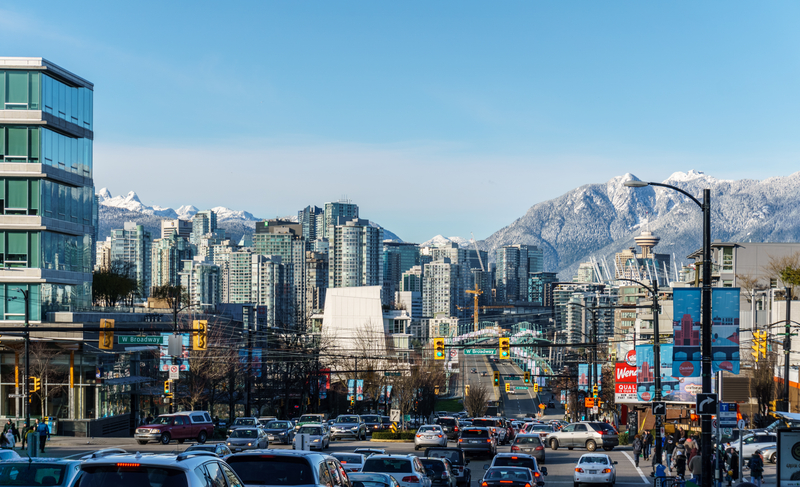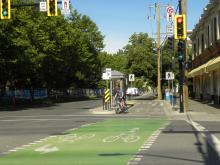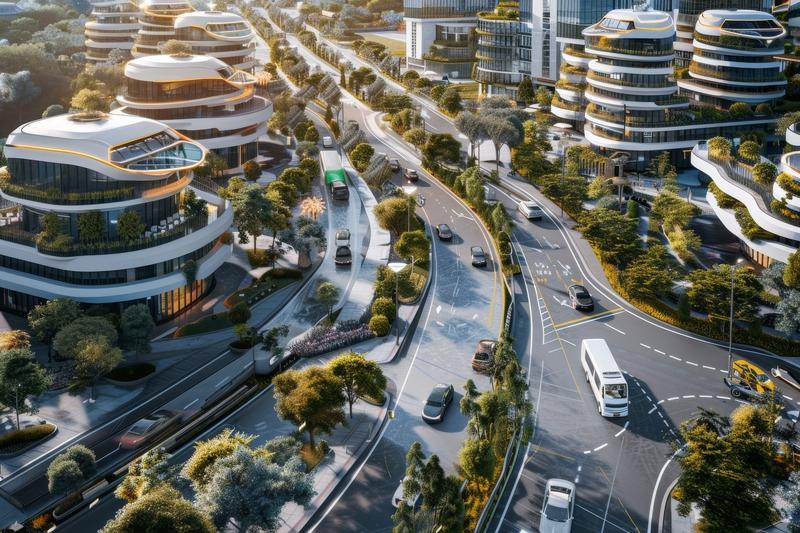
Vancouver City Council in Canada has approved a five-year Climate Action Emergency Plan, which includes actions to reduce carbon pollution from transportation.
The plan has set a target to reduce Vancouver’s carbon pollution by 50% by 2030.
The council says 39% of its emissions come from burning gasoline and diesel in vehicles.
Transport-related actions include creating a model to plan for transport pricing in the downtown Metro Core by 2025 to reduce congestion.
The plan also includes reallocating road space to more sustainable modes and increasing walking and cycling.
A separate action will expand residential on-street parking programmes citywide, with a carbon surcharge on new, higher priced, gas and diesel vehicles.
The council is to conduct a public engagement and analysis before making a decision on the cost of the surcharge.
Lon LaClaire, Vancouver's general manager of engineering services, says: “The actions outlined in the Climate Emergency Action Plan will support people in switching to walking, biking, and transit trips."
"Introducing a user-pay model for roads promotes fairness and will allow us to invest those funds in more sustainable travel options.”
Canada is already taking steps to cut down on transport pollution.
Earlier this year, the Canadian Urban Transit Research and Innovation Consortium entered into a partnership to establish research institutions dedicated to battery electric and fuel cell electric buses.












